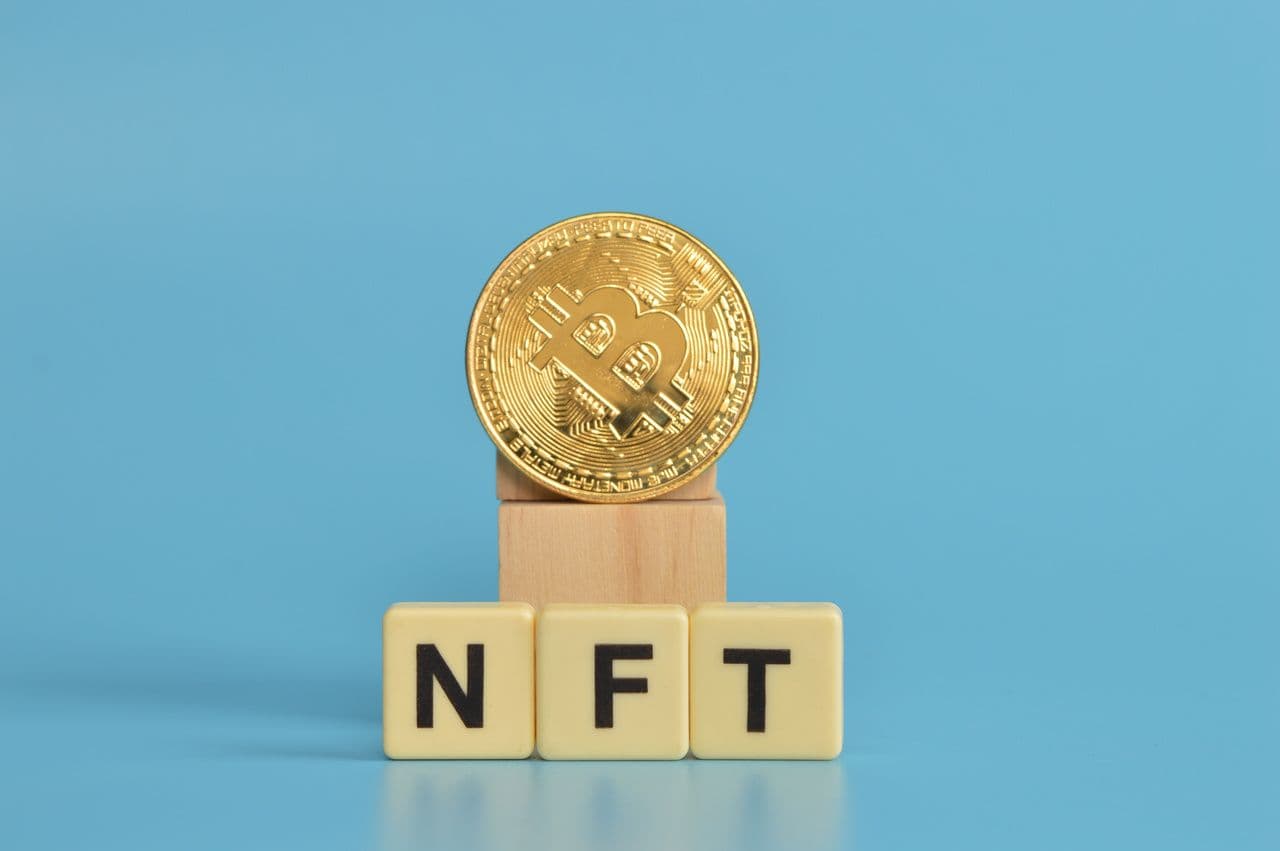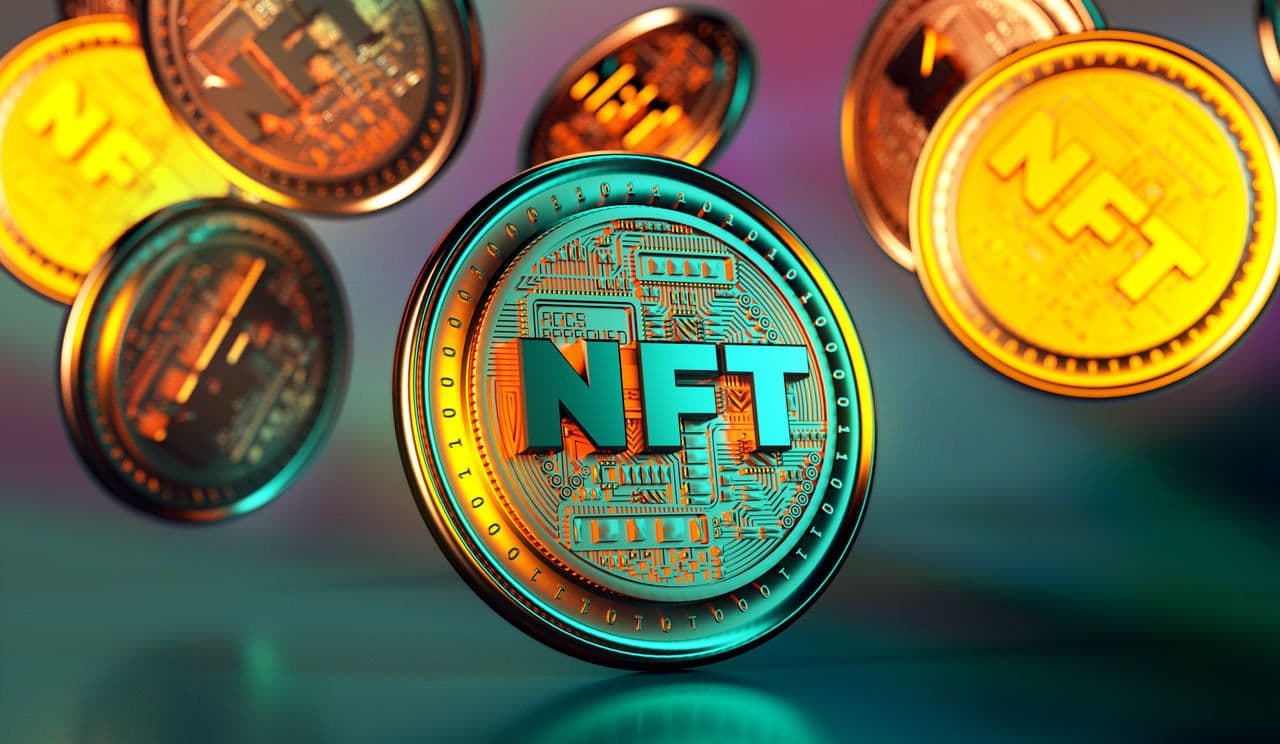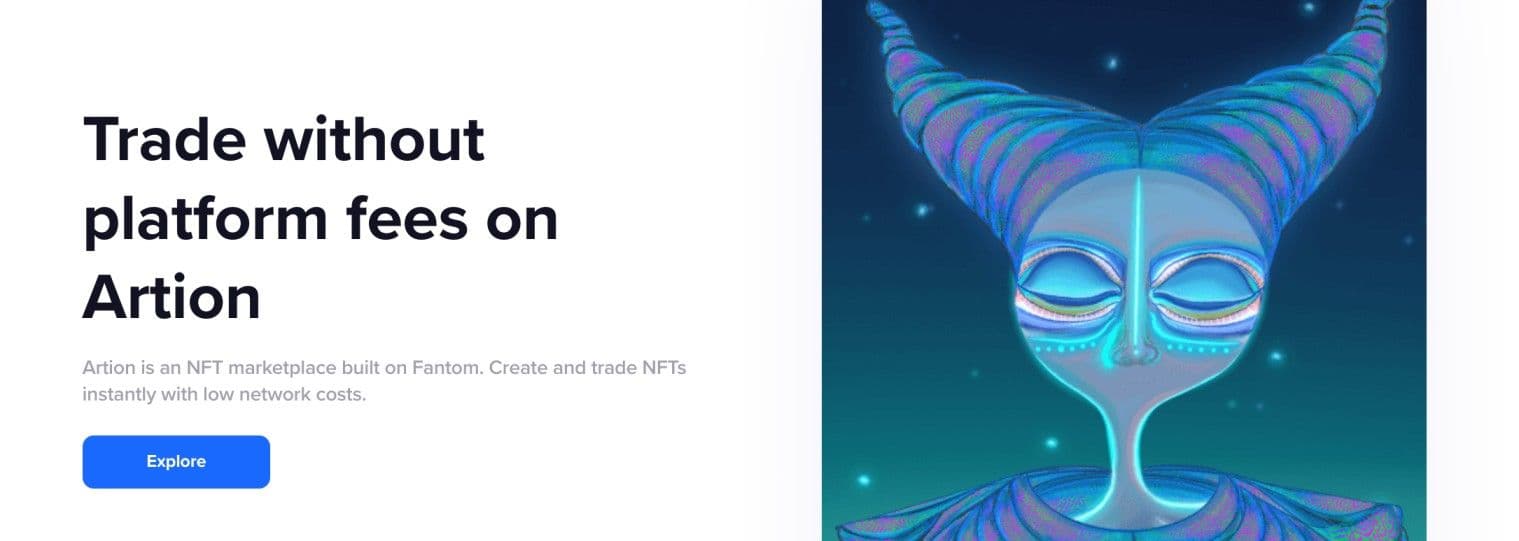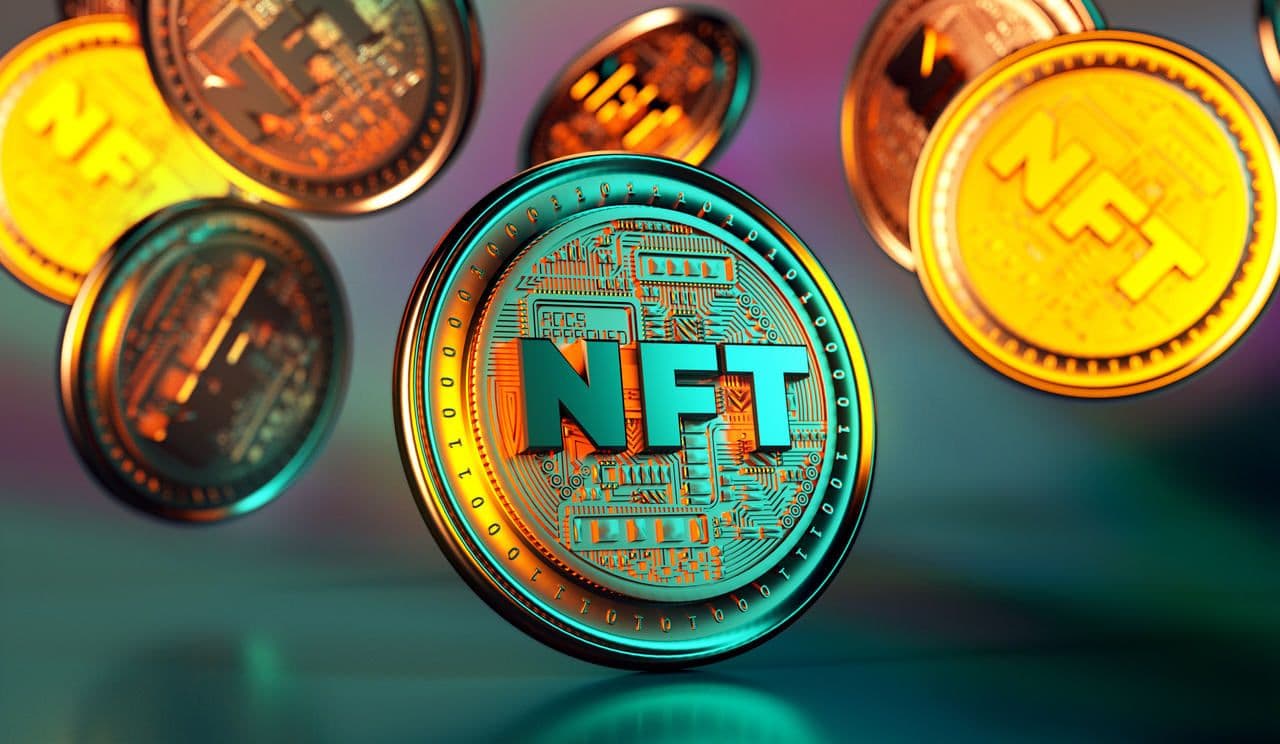Opensea NFT Marketplace Review: A Deep-Dive Critique of the Alleged ‘Premier’ NFT Marketplace
Opensea stands as one of the most prominent platforms for buying unique digital assets. This article is all about Opensea review.

As the surge of interest in blockchain technology and cryptocurrencies continues to rise, Non-Fungible Tokens (NFTs) have quickly become a cornerstone in the sphere of digital ownership. In the center of this burgeoning marketplace, Opensea stands as one of the most prominent platforms for buying, selling, and discovering unique digital assets. This article is all about Opensea review
However, beneath the surface of this buoyant sea of digital artistry and investment, an undercurrent of dissatisfaction is burgeoning, with numerous users raising serious concerns about Opensea’s practices.
This critique is based on a personal experience shared by an anonymous user who had his accounts unexpectedly disabled, with little to no assistance from Opensea’s support team. This incident, among others, brings forth a litany of concerns about Opensea’s practices, transparency, and future sustainability.
Hello,
Your account with wallet address
XXX
has been disabled due to activity that goes against our Terms of Service.
Your collections and any items in those collections will remain visible, but can no longer be bought, sold, or transferred using OpenSea.
You can cancel any active offers and listings you made using OpenSea here.
If you think there’s been a mistake, please visit our Help Center to contact our Support team for assistance.
Opensea
The user’s ordeal begins with an abrupt disabling of his Opensea accounts, a step purportedly taken by the platform due to activity violating its Terms of Service. Interestingly, the user claimed not to have executed any buy or sell actions with his account. This unexplained action reflects poorly on Opensea’s administrative operations and raises questions about its algorithmic processes, which seemingly flag accounts at random.
The failure to provide account holders with adequate information or a meaningful appeal process compounds these initial concerns. The inability of Opensea’s customer support to promptly address the queries and concerns of its users paints a picture of negligence and disregard for user experience. This factor alone seriously undermines the trust users can place in the platform and raises the question of whether the platform is indeed a reliable marketplace for NFT transactions.
Opensea Review: Centralization and Lack of Transparency
Although Opensea operates in the decentralized finance (DeFi) landscape, ironically, the user’s experiences suggest that the platform leans towards centralization. The disabling of accounts without adequate reasons or justifications can be seen as a form of centralized control, directly contrasting the democratic principles on which blockchain technology is founded.
Furthermore, the assertion that the Opensea team resides mainly in Hawaii, apparently enjoying a laid-back lifestyle while users grapple with platform-related issues, creates an image of insensitivity and detachment. Such a scenario goes against the principles of community engagement, accountability, and transparency that are the cornerstone of successful marketplace operations.
Opensea Review: High Costs, Dubious Fees, and the Problem of Insider Trading
Another bone of contention in the user’s experience with Opensea is the high cost of transferring NFTs from a disabled account to a new one. Not only does this seem like an unnecessary penalty for the account holders, but it also raises questions about the fairness of Opensea’s fee structure. We will see the details about this later in the article. The amount they take for sale and listing NFTs is deemed ‘ridiculous’, suggesting a model that disproportionately benefits the platform over its users.
Moreover, the user’s account sheds light on alleged insider trading and potential market manipulation associated with Opensea. A well-regulated marketplace should ensure fair play and discourage nefarious activities. It is, therefore, crucial for Opensea to tighten its regulatory mechanisms and foster an environment of trust and fairness.
A Closer OpenSea NFT Marketplace Review: Is OpenSea the Titanic of NFT Marketplaces?
In a riveting narrative from an anonymous user, we confront Pandora’s box of issues associated with OpenSea, a well-known NFT marketplace. His account paints a vivid picture of a platform beset by questionable practices, high costs, and a lack of transparency, leading to serious concerns about the sustainability of its operations.
Firstly, the user highlights the impracticality of high gas fees associated with moving large volumes of NFTs between wallets, especially when accounts are disabled abruptly by OpenSea. This unexpected financial burden places an undue strain on users, bringing into question the platform’s user-friendliness and cost-effectiveness. Moreover, the exorbitant fees charged by OpenSea for listing and selling NFTs further underscore the financial burden it places on its user base.
The user’s account also illuminates a shadowy aspect of OpenSea: its susceptibility to manipulative practices, like wash trading. This activity is made apparent by the “vampire attack” from Blur, an event that exposed the widespread wash trading on the platform. The user’s example of a trader named Franklin, who apparently manipulated the system to gain Blur points and receive millions in airdrops, puts OpenSea’s regulatory mechanisms in a harsh spotlight.
This account serves as a stark warning for OpenSea’s users and potential investors. The user’s belief in an emerging regulated marketplace, compliant with laws and capable of supporting dynamic NFTs, underlines a shift in preference from the current decentralized, yet unregulated, platforms like OpenSea. This anticipated change is seen as more viable and trustable, accepting mainstream transaction methods like credit cards and PayPal.
OpenSea’s inadequate dispute resolution process further exacerbates the concerns. The user’s recounting of his futile attempts to appeal his account’s disabling reveals a lack of efficient customer service. It’s particularly alarming given the sizable NFT collection (over 500) the user held, and the disabling seems to have occurred right after using Blur for an airdrop. Such a timeline suggests possible biased actions or system errors that warrant an immediate investigation by OpenSea.
In light of these issues, the user emphatically advises caution while using OpenSea, even encouraging companies and the community to consider alternative marketplaces or create new ones. The shared experience serves as a stark reminder that OpenSea’s ship might not be as seaworthy as it appears from the surface.
If OpenSea is to continue its journey in the turbulent waters of the NFT market, it must swiftly address these allegations to restore user trust and maintain its position as a leading NFT marketplace.
Opensea Review: Future Outlook and the Call for Better Alternatives
The issues with Opensea have led users to anticipate a future where alternative, regulated marketplaces will arise, compliant with local laws and capable of processing transactions in fiat currency. Such platforms could significantly undermine the dominance of existing platforms like Opensea, especially if they continue to be embroiled in controversy and mismanagement.
It is therefore necessary to understand the importance of creating alternative NFT marketplaces, urging companies to deploy their NFTs elsewhere and for the community to build better, more transparent, and reliable platforms.
Conclusion: A Warning Bell for Opensea
This experience paints a stark picture of Opensea’s inadequacies, thereby acting as a significant warning for both current and prospective users. It also hints at a future where other, more user-friendly, and transparent NFT platforms might thrive, pushing Opensea and similar platforms into the depths of obscurity.
As an NFT marketplace, Opensea holds significant sway over the future of digital assets. However, it must urgently address the shortcomings highlighted in this article to regain the trust of its user base. For now, it appears that the Opensea, touted as a premier NFT marketplace, is more akin to an oasis of chaos. It remains to be seen whether it can navigate these turbulent waters and secure a safe berth in the ever-evolving world of NFTs.





























